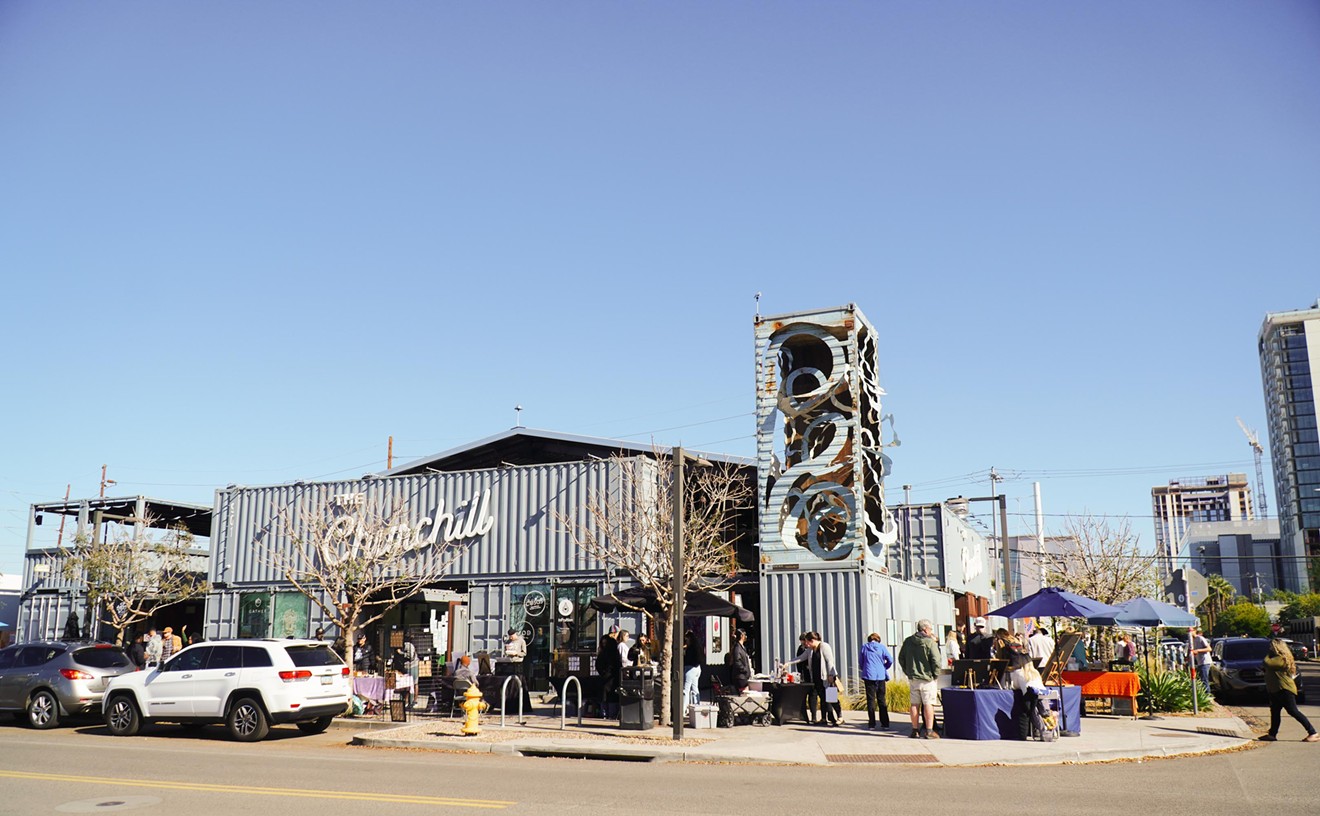The Blues Brothers, 1980's feature-length treatment of John Belushi and Dan Aykroyd's gag singing act from Saturday Night Live, wasn't good in any cinematic sense. But it had Aretha Franklin singing "Think" and Ray Charles singing "Shake Your Tailfeather" and Cab Calloway singing "Minnie the Moocher," along with some clever comic bits, so it had considerable power to break down one's resistance--until the last quarter, an endless slapstick car chase, with which the director, John Landis, seemed to be making the point that he had the clout to crash more vehicles at once than anyone in movie history (this was about two years before the notorious, deadly helicopter crash on the set of his segment of Twilight Zone--The Movie).
Even so, part of the audience seemed to enjoy this tedious display of destructive excess, and others found it a small enough price to pay for the musical and comic felicities. The movie was a hit, and has remained a favorite on video.
The prospect of a sequel was sort of sad, especially with one of the two Blues Brothers having since died and all. That's why the result is such a pleasant surprise--it's more of what was good in the first film and less of what was tiresome. At one point, sure enough, Landis stages a big car pile-up. Police cars crash into road-construction equipment, and then more cars crash into those, and more and more until there's a mountain of dozens of cars. The joke is that the drivers all emerge unhurt.
This is feeble, of course, but it's also over in two minutes or so and then we're done with car crashes for the rest of the film. Landis is dispensing with an obligatory element, throwing a bone to the car-crash crowd. What we get for most of the film, instead, is a blessed pile-up of music.
Franklin's back, this time wailing "Respect," magnificently, in the lobby of a Mercedes-Benz dealership. Eddie Floyd, Wilson Pickett and the prodigal Jonny Lang sing "634-5789." Lonnie Brooks and the late Junior Wells perform "Checking Up on My Baby" alongside the end credits. In the film's finale, B.B. King leads an impossible dream team of blues greats--everyone from Bo Diddley, Billy Preston, Gary U.S. Bonds, Eric Clapton and Clarence Clemons to Koko Taylor, Lou Rawls, Isaac Hayes, Steve Winwood and Grover Washington Jr.--in "How Blue Can You Get." There are also performances by Blues Traveler, Paul Shaffer, Sam Moore, James Brown (reprising his "Reverend Cleophus" from the first film) and Erykah Badu, who shows a nice sense of irony as the peremptory voodoo Queen for whom the lads must audition.
Oh yeah, the plot. At the end of the first film, Jake (Belushi) and Elwood (Aykroyd) were back in Joliet, singing "Jailhouse Rock." As 2000 begins, Elwood is at last paroled, and he learns that Jake has passed on. He then learns from "Mother Mary Stigmata" (Kathleen Freeman) that his old mentor Curtis (Calloway) had a secret son (Joe Morton), now an Illinois State Police bigwig, and he looks up this guy and claims him as his brother--Aykroyd and Landis, who wrote the script together, may vaguely mean this as a spoof of A Family Thing.
As in the first film, Elwood then goes around re-recruiting the members of the Blues Brothers Band. Along the way, he meets milquetoast bartender John Goodman, who can sing a little, and an orphan kid, J. Evan Bonifant, who does a terrific loose-limbed dance to Franklin's number. Both of them also end up in Ray-Bans and black suits, as, eventually, does Morton, who has real musical-comedy moves. They head toward a blues contest in New Orleans, with everyone from cops to feds to Russian mobsters to militia types--led by Darrell Hammond, the excellent President Clinton on the current SNL--in hot pursuit.
This chase plot is as stupid and meaningless as it sounds. It works, when it does, only as a series of wry variations on the original film. One of the funnier set pieces in The Blues Brothers had the boys mistakenly booked as a country band in a redneck club; in desperation they played the theme from Rawhide. In 2000, they find themselves playing a monster-truck rally as "The Bluegrass Brothers," and pull out "Riders in the Sky."
The surprise is what a lift the movie gives in spite of its shapelessness and silliness. It's probably to Aykroyd's credit that it's such a wall-to-wall music bash; he's clearly a true believer where blues is concerned (he co-founded the House of Blues). For this reason, it feels sort of uncharitable to point out that he's also the film's big musical weakness--his basso profundo was fine when he was backing up Belushi, but on leads, he's just barely on the right side of embarrassing. He's a superb comedian--he has several wonderful rapid-fire monologues here, in that tickling Chi accent--but musically, he should remember that he's an amateur. Which is fine--as long as we don't forget that the whole thing started as a late-night-TV joke.
Blues Brothers 2000
Directed by John Landis; with Dan Aykroyd, John Goodman, Joe Morton, J. Evan Bonifant and Kathleen Freeman.
Rated









